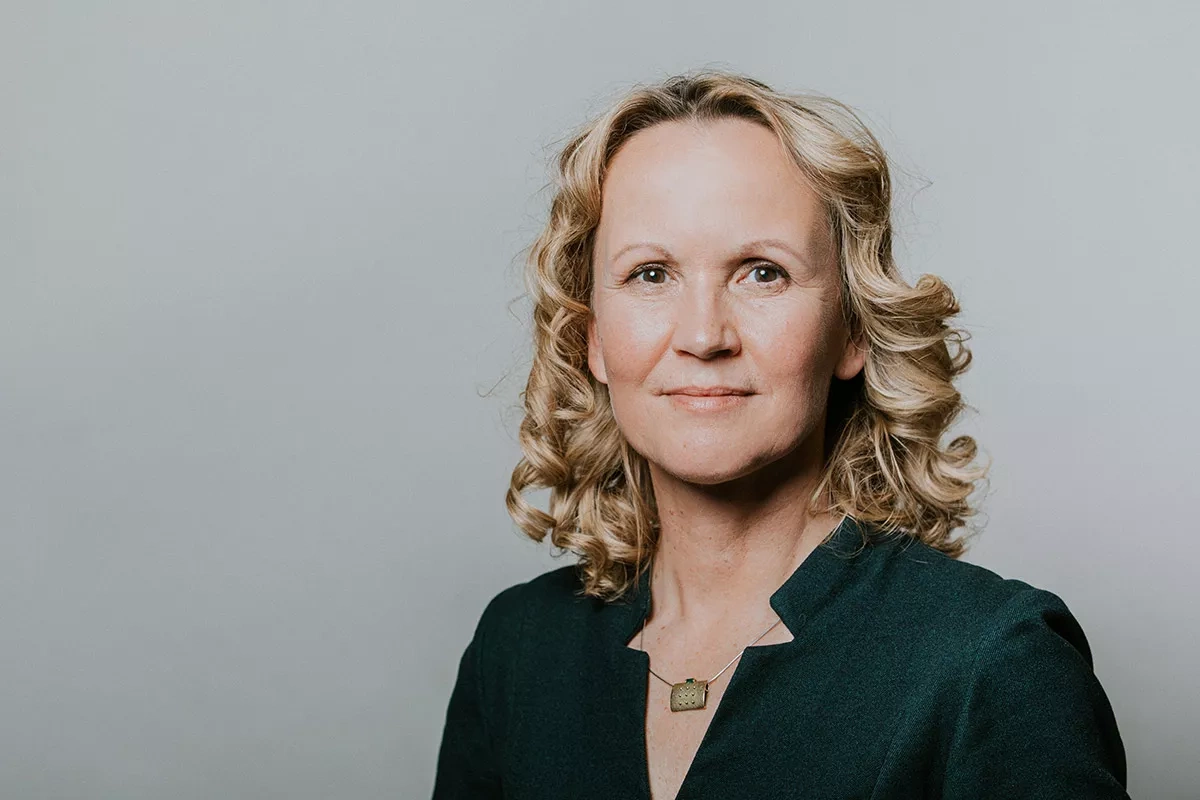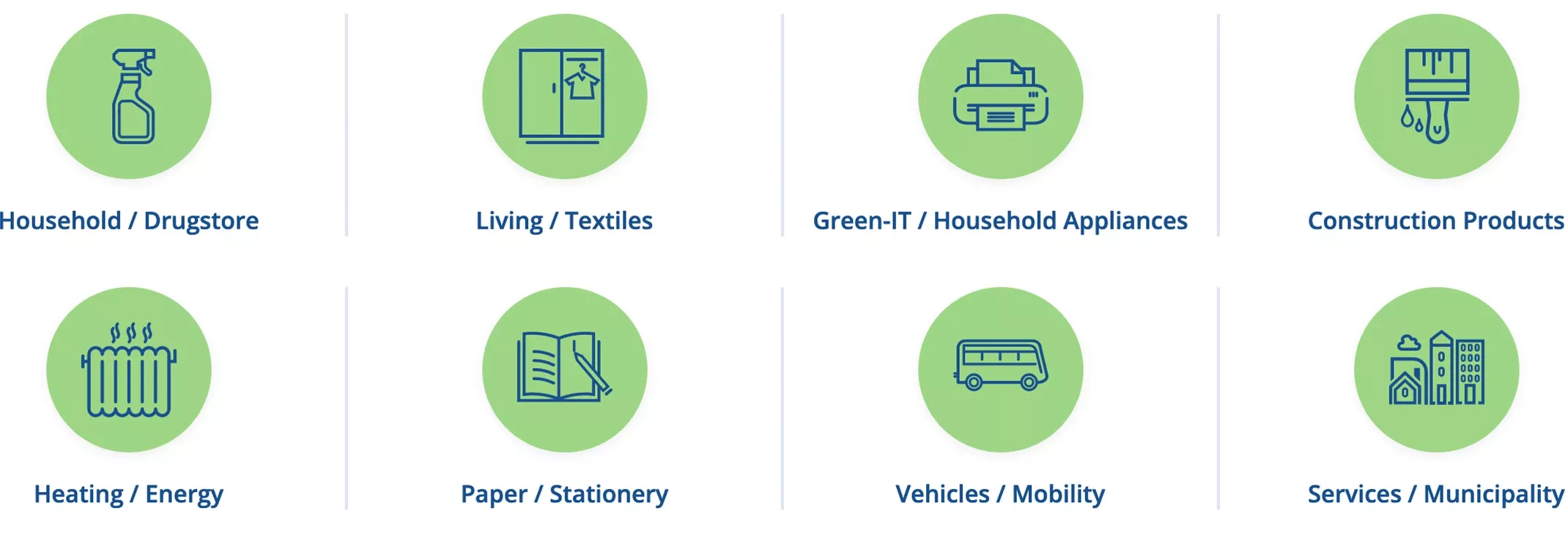Blue Angel – Good for me. Good for the environment.
The Blue Angel has been the ecolabel of the German federal government for more than 45 years. It is awarded to environmentally friendly products and services. No other label in the non-food sector covers such a wide range of products and services. Many everyday products carry the ecolabel: such as paints, furniture, washing detergent or recycled paper.
More than 40,000 products and services from more than 1,600 companies have been awarded the Blue Angel.
The aim of the environmental label is to provide private customers, large institutional consumers and public institutions with reliable guidance for environmentally conscious purchasing. If there is a specific demand for environmentally friendly products, it promotes ecological product innovations and reduces the burden on the environment. The Blue Angel stands for independent, transparent and ambitious labelling.

“An increasing number of people focus on durability and environmental friendliness when purchasing products. This is precisely what the Blue Angel stands for. The ecolabel has been a guarantee of high standards for the protection for our environment and health for 40 years in an independent and credible way.”
Many people know and trust the Blue Angel. Surveys conducted by the German Environment Agency show that the Blue Angel is a highly recognised brand and more than 90 percent of people are aware of it. 43 percent of consumers admit that the Blue Angel has an influence on their purchasing decisions.

Transparency and independence:
The Blue Angel is an impartial and voluntary product label that is independent of business interests. This is guaranteed by the Federal Ministry for the Environment, Nature Conservation and Nuclear Safety (BMU) as the owner of the label, the German Environment Agency who develops the Basic Award Criteria on a scientific basis, the Environmental Label Jury as the decision-making body and RAL gGmbH as an independent certification body.

The Blue Angel is a so-called Type I environmental label, based on the international standard DIN ISO 14024 “Environmental labels and declarations - Type I environmental labelling - Principles and procedures (ISO 14024:2018)”. It is an independent label that certifies the best products in a product group based on a comprehensive range of criteria and thus differs from those product labels that only pay attention to one criterion or which are issued by the manufacturers themselves.
TYPE I environmental labels are recognised internationally as labels with the highest standards:
- They are independently awarded, often with the involvement of the government.
- These labels are only awarded to the best products and services and thus indicate a special level of environmental quality. An important aspect is that the entire service life of the product is taken into account during the assessment.
- The labels have clearly defined, publicly accessible environmental criteria and verification rules.
- The criteria are developed during a transparent process with the involvement of stakeholders.
- The award criteria are also regularly revised.
- The labels are very credible and are usually well-known.
The Blue Angel has also received a rating of “very good”, e.g. in the product groups textiles and paper, from the label rating portal “Siegelklarheit” (Label Transparency) operated by the German Federal Government.
Voluntary and market-based
Even before laws are introduced to tackle environmental issues, the ecolabel establishes voluntary standards and offers companies the opportunity to communicate their pioneering role to consumers. The state-authorised environmental label is thus an important voluntary tool as part of environmental policy. And manufacturers know that the requirements set by the Blue Angel are a good guide when they want to improve the environmental footprint of their products and develop ecological product innovations.
